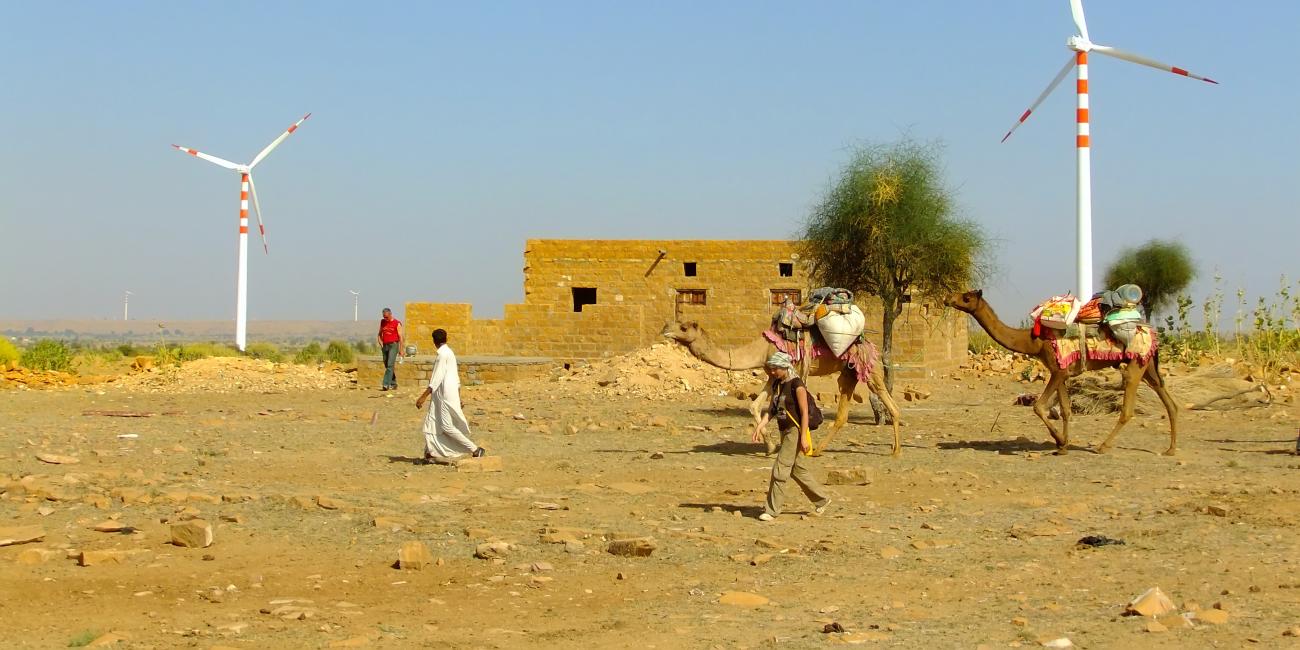Reports: Achieving a Fossil-Free Recovery
This report lays out concrete options for governments to achieve net-zero and sustainable development goals by using recovery spending to support the transition to clean energy and a resilient, fossil-free economy.

